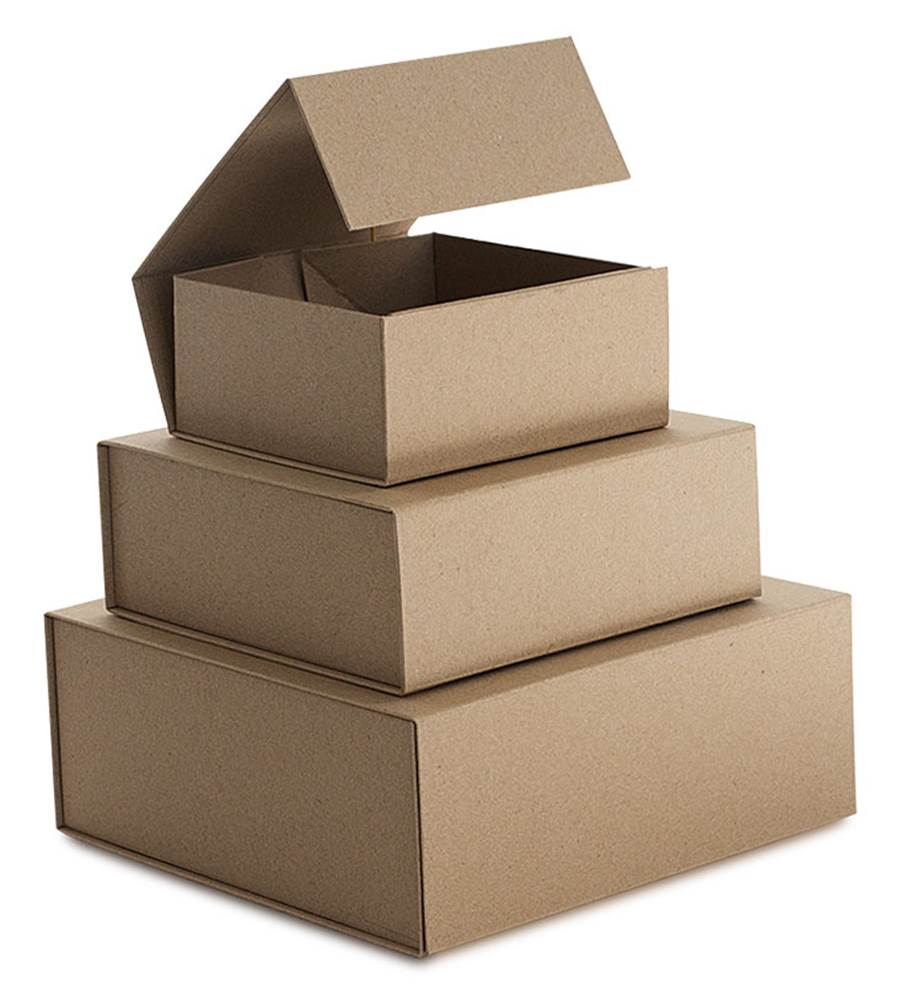As the world turns its focus toward environmental conservation, businesses across industries are seeking packaging solutions that align with their sustainability goals. One of the most promising options emerging in this space is the use of personalized folding boxes. These versatile, eco-friendly packaging alternatives offer a myriad of benefits not only to businesses but also to the planet.
In this blog, we will delve into why folding boxes are considered a sustainable packaging solution and explore how their use can help businesses reduce waste, lower carbon footprints, and meet growing consumer demand for more environmentally responsible packaging.
1. Made from Recyclable Materials
One of the primary reasons these boxes are hailed as a sustainable packaging solution is that they are typically made from recyclable materials. Most boxes are crafted from paperboard, a type of material that is highly recyclable. The use of recycled paper in their production further reduces the need for virgin resources and minimizes deforestation. This makes them a great choice for businesses looking to reduce their environmental impact.
Furthermore, since the material is lightweight, it requires less energy to transport and can be more easily processed at recycling centers. Consumers can also contribute by recycling their boxes after use, ensuring that the materials are returned to the supply chain.
2. Reduction in Carbon Footprint
These boxes not only save trees but also reduce greenhouse gas emissions. The production process of paperboard packaging tends to have a lower carbon footprint compared to plastic and some other materials. This is because paperboard is made from renewable resources and often requires less energy to manufacture than alternatives like plastic or glass.
Moreover, the lightweight nature of these boxes means that transportation requires less fuel, further cutting down on CO2 emissions. This makes these boxes an ideal choice for businesses that want to improve their sustainability practices and contribute to lowering global carbon emissions.
3. Minimalist and Efficient Design
One of the key attributes of these boxes is their design flexibility. These boxes are produced flat and can be easily folded into shape, which reduces the amount of storage space needed before they are used. This not only lowers warehousing costs for businesses but also reduces the environmental impact associated with storage and transportation.
Once folded, these boxes can be assembled and packed with products quickly and efficiently, minimizing the need for additional packaging materials, such as fillers or plastic wraps. This minimalist approach reduces the overall material waste and makes these boxes an efficient and sustainable option.
4. Biodegradability and Compostability
Unlike plastic packaging, which can take hundreds of years to degrade, boxes made from paperboard are biodegradable. If they end up in a landfill, they break down more quickly and naturally, leaving behind fewer harmful residues. This makes them a much more environmentally friendly option for single-use packaging, especially in comparison to non-biodegradable alternatives.
In addition, some boxes are made from compostable materials, meaning they can be safely decomposed in composting environments. This makes them an even more sustainable option, as they return valuable organic matter to the earth.
5. Customizable and Attractive Branding
These boxes offer brands an excellent opportunity to communicate their sustainability commitment. Their ability to be printed with custom designs makes them an ideal canvas for promoting eco-friendly messaging and branding. Many businesses are now using these boxes not just for packaging purposes, but also as a way to showcase their commitment to reducing environmental impact.
From using vegetable-based inks to selecting water-based coatings and eco-friendly adhesives, these boxes offer a platform for businesses to make their packaging more sustainable and align their branding with environmental values. This appeals to today’s increasingly eco-conscious consumers, who are willing to pay a premium for products that align with their values.
6. Cost-Effectiveness for Small and Large Businesses
Another key advantage of these boxes is their affordability. They are cost-effective for businesses of all sizes. Whether you are a small startup or a large corporation, these boxes can fit into your budget while offering excellent protection for products. Their scalability means that as your business grows, you can continue to use these boxes without worrying about high production costs or environmental trade-offs.
The fact that these boxes can be produced in large quantities while maintaining their cost-effectiveness makes them an appealing option for businesses seeking to balance sustainability with profitability.
7. Consumer Preference for Sustainable Packaging
As consumers become more environmentally conscious, there is a growing preference for brands that use sustainable packaging. According to numerous studies, many consumers are willing to pay more for products that come in eco-friendly packaging. The adoption of folding boxes helps businesses align with these consumer expectations, enhancing their brand image and fostering customer loyalty.
Folding boxes are not just good for the planet; they are also good for business. Brands that adopt eco-friendly packaging stand out in an increasingly competitive marketplace and demonstrate a commitment to reducing their environmental impact.
8. Supports Circular Economy Principles
The shift toward a circular economy—where materials and products are reused, repaired, and recycled—relies heavily on packaging solutions that can be easily recycled or repurposed. Folding boxes fit perfectly into this model, as they can be recycled and used again in the production of new packaging materials. By choosing folding boxes, businesses help close the loop on waste and contribute to a more sustainable, resource-efficient economy.
Conclusion
Folding boxes are a sustainable packaging solution that offers a variety of environmental and practical benefits. Made from recyclable and biodegradable materials, they reduce waste, lower carbon emissions, and support circular economy principles. Their customizable nature allows brands to use them as a tool for eco-friendly branding, while their lightweight, efficient design helps businesses minimize their environmental footprint.
As sustainability becomes an increasing priority for both consumers and businesses, adopting customized folding boxes is a smart step toward meeting those demands while also contributing to a greener planet. By choosing folding boxes as a packaging solution, businesses can demonstrate their commitment to sustainability, reduce their carbon footprint, and align themselves with a growing movement toward a more eco-conscious future.


